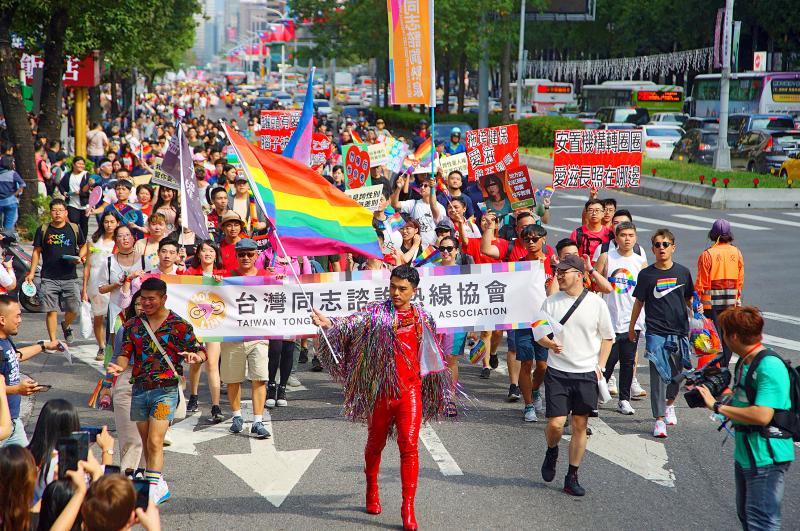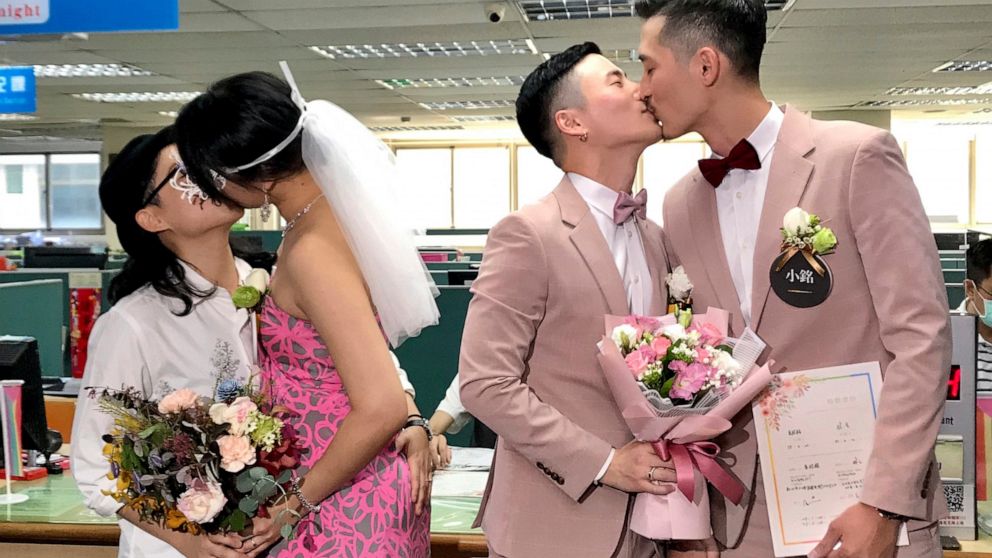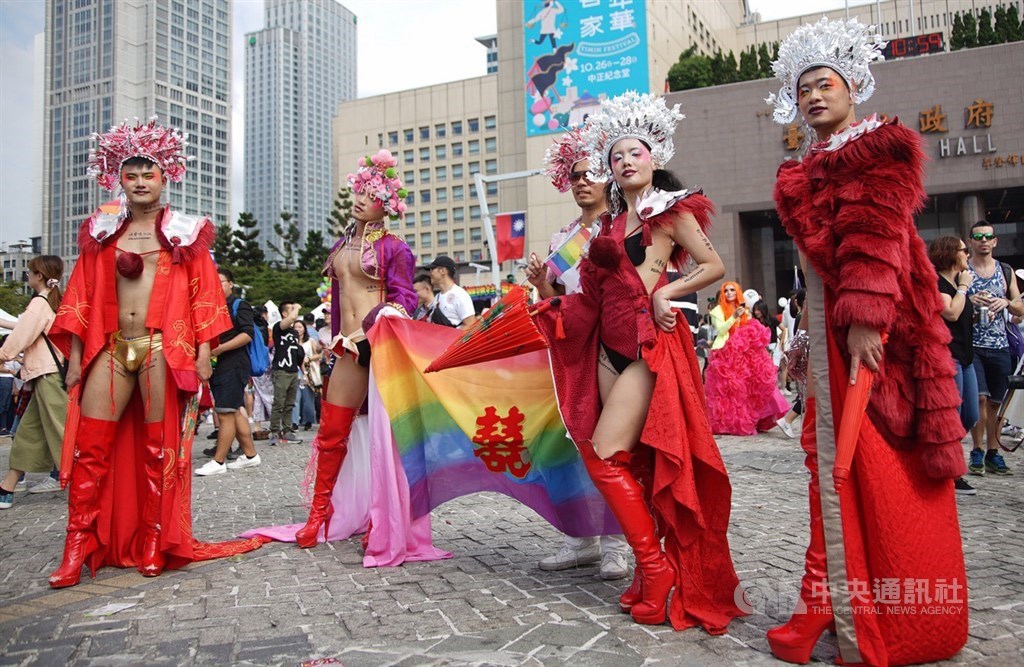Written by Ying Lai, 2020 Cohort
The experience: The annual party of LGBTQ+ in Taiwan
October 31st, 2020, was the festival of the annual LGBTQ Pride in Taiwan and I was so excited about this event since I was concerned with a relevant topic and thought it was usually celebrated like a carnival – it took the shape of a carnival. After finishing the course of technical writing, I met my friends pretty late at 3:45 PM around the City Hall, where it is the start and end of this year’s parade route.

Due to the fact that the parade was about to finish, we decided to walk in the opposite direction. On the way, we met a parade of gays, lesbians, queers, and drag queens. They wore beautiful, fantastic, and unique clothes on the street, which totally presented “Who they are” to the world. Some of them can only show their authentic appearance on that day, since they are not fully accepted by society’s norms, including in the workplace, other public areas, or even at home.
However, this event’s meaning is not only associated with allowing these individuals to behave in comfortable ways but also offers an opportunity to bring awareness to this critical issue in everyone’s daily lives. In Taiwan, which is the first and only country that has already legitimized same-sex marriage in Asia; it can be anticipated that the space of the LGBTQ community can become more comfortable, considerate, and respectful in the near future.
What’s going on after the legal same-sex marriage in Taiwan?
Same-sex marriage law officially took effect on 24th May 2019 in Taiwan, namely, from that day, gay (LGBTQ+) couples could finally marry in the country, legally. Five hundred twenty-six couples decided to wed on that momentous day. This exciting change made every household registration office crowded with happiness and celebrations.

It was apparent that these pairs had been waiting for a long time to own such a fundamental right in their lives. For instance, to my knowledge, many of them were forbidden to visit their partner in the hospital as they were not legally espoused, and even worse, in case of imminent death, the partners still have visitation rights taken away from them. Therefore, this appending of law legalization of legislation literally saved lives.
Even though the same-sex marriage law was passed, there are still plenty of locals who cannot accept this type of “new” marriage, which is completely different from their conventional perspectives, especially for religious fundamentalists. They cannot understand and respect such a phenomenon, so they started to spread fake news via digital media or stigmatize LGBTQ+ individuals, calling them names such as “HIV carriers”, “drug abusers”, “sexual addicts”, etc.

This circumstance invariably makes LGBTQ communities feel angry, but they still took it as a brilliant opportunity to open the communication bridge and acceptance over the comparatively traditional groups. To achieve equality we still have a long way to go, this is definitely an excellent start point that enables relatively fragile hearts to be rescued.
